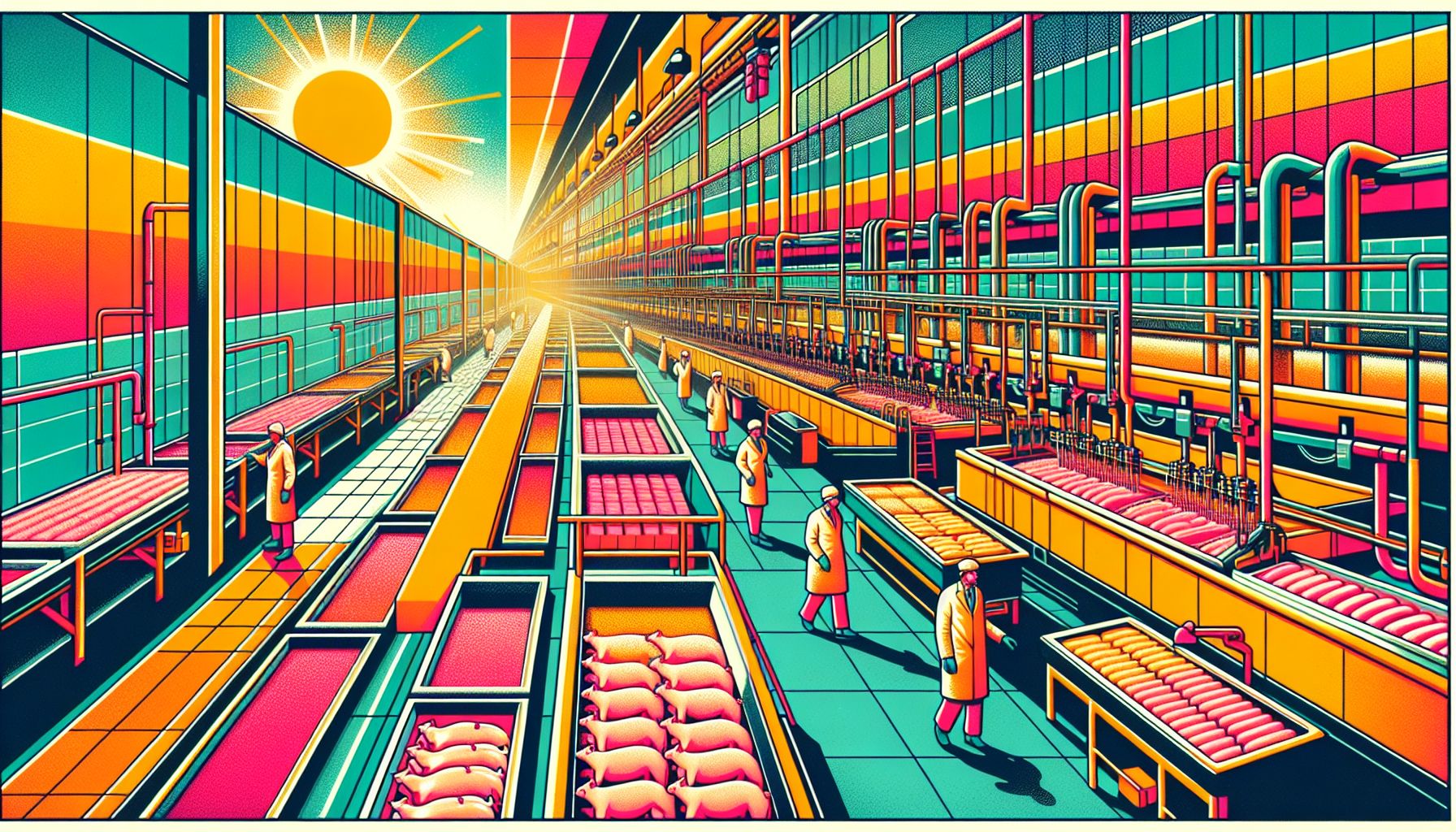Mosa Meat Secures €40 Million for Cultured Meat Production

Mosa Meat, a Dutch pioneer in cultured meat, has raised €40 million to scale up production and prepare for market introduction, marking a major milestone in sustainable food technology.
Investment to Revolutionize Food Industry
Mosa Meat, based in the Netherlands, is leading the charge in cultured meat production. This recent €40 million funding round included notable investors such as Lowercarbon Capital, M Ventures, Invest-NL, and PHW Group. The company plans to use these funds to enhance its production processes and bring its cultivated beef to market, aligning with its mission to create a more sustainable food system.
The Benefits of Cultured Meat
Cultured meat, also known as lab-grown or cell-based meat, presents numerous benefits. It significantly reduces the environmental impact of meat production, offering a solution that uses up to 96% fewer greenhouse gas emissions compared to conventional methods. Additionally, it addresses ethical concerns by eliminating the need to farm and slaughter animals for meat. This innovation can help meet the growing global demand for protein while preserving natural resources and improving animal welfare.
How Cultured Meat is Produced
The process of creating cultured meat involves extracting stem cells from a living animal, such as a cow. These cells are then nurtured and fed a nutrient-rich culture medium to grow and multiply. Over time, they develop into muscle tissue, which is the primary component of meat. Mosa Meat has been at the forefront of this technology, having introduced the world’s first cultured beef hamburger in 2013.
Mosa Meat’s Journey and Future Plans
Founded in 2016 by Mark Post and Peter Verstrate, Mosa Meat has consistently aimed to revolutionize the global food system. The company has already made significant strides, including opening a scaling facility and becoming a B Corp last year. With this new funding, Mosa Meat is preparing for its first formal tastings of cultivated beef in the Netherlands, further positioning itself as a leader in the cultured meat industry.
Global Trends and Regulatory Landscape
The global landscape for cultured meat is evolving rapidly. Singapore was the first country to approve cultivated meat in 2020, setting a precedent for other nations. Currently, 174 companies worldwide are developing cultured meat, reflecting a significant shift towards sustainable food production. Regulatory environments in countries like Israel, the US, and Australia are becoming increasingly favorable, paving the way for broader acceptance and commercialization of cultivated meat products.
Conclusion
Mosa Meat’s successful funding round marks a pivotal moment in the advancement of cultured meat technology. As the company moves closer to market introduction, it exemplifies the potential of sustainable innovations to transform the food industry. With continued investment and regulatory support, cultured meat could play a crucial role in addressing the environmental and ethical challenges of traditional meat production.

